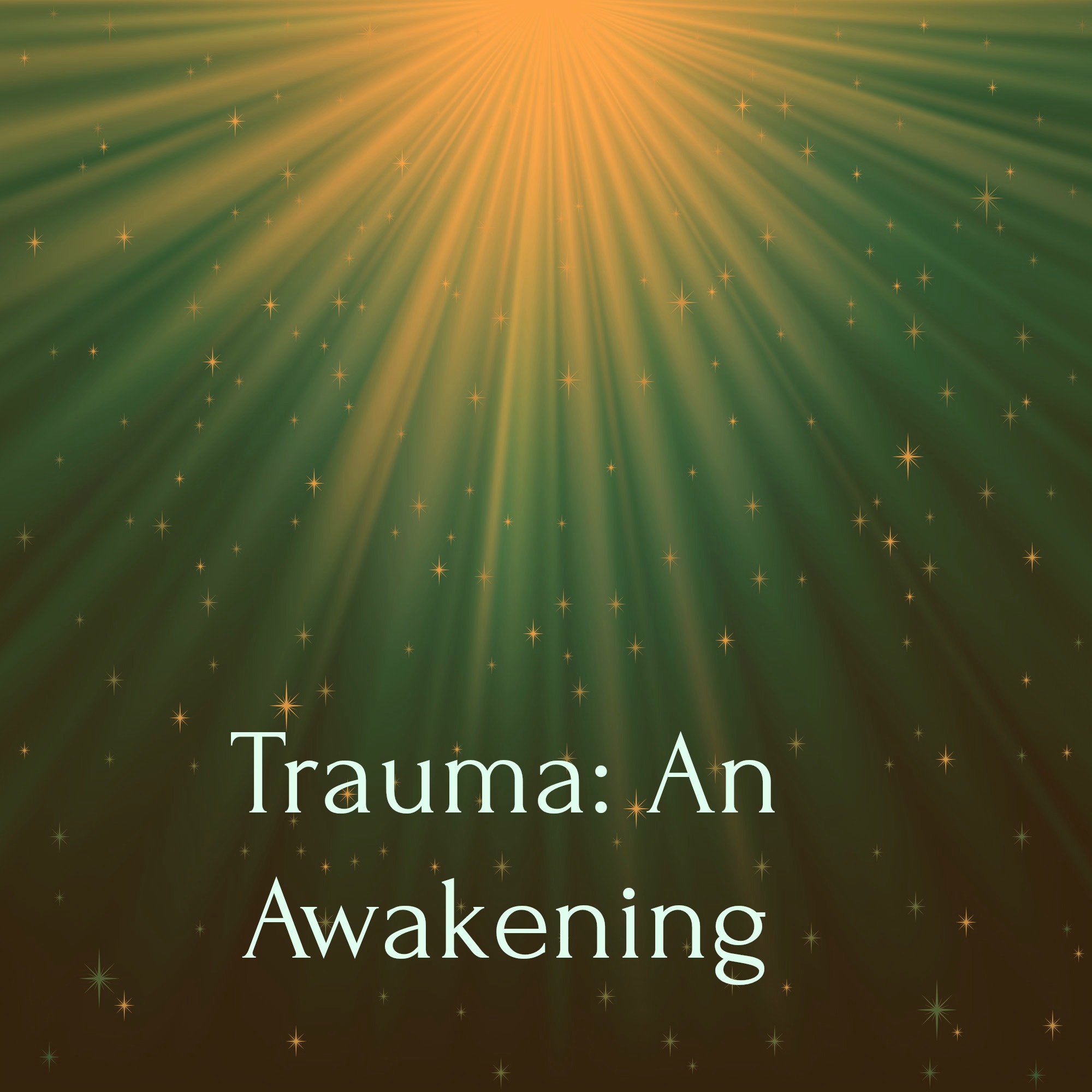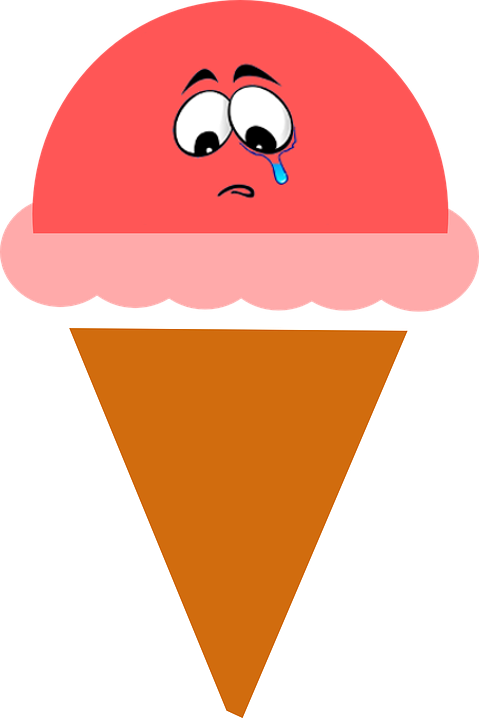During our recent Declutter your Home, Clear your Mind masterclass, we heard feedback and insights relating to how clutter was affecting participants. Perhaps you can relate:
“My purse is worse than my house, and my house is pretty packed”
“Can’t find the stuff I’m looking for”
“I have two extra bedrooms that were supposed to be guest rooms but now they are just full of stuff“
It even applies to our body weight! “I’m carrying the burden of my house on my body”
For so many of us living in a home environment that doesn’t support our best selves, our mental health suffers. Our ADHD overwhelm ratchets up, and so often too does our anxiety and depression.
How does an untidy or dirty home affect our mental health?
Are you feeling overwhelmed, stressed, or just not like yourself lately? It could be time to take a look at your living space. Research has shown that the state of our homes can have a profound effect on our mental health and wellbeing.
Think about it: when you enter a room that has cobwebs, dust, clutter, and dirt, it often leads to the thought of wanting to leave immediately; however, if we live in this place, we can’t ‘escape’. What typically results then are feelings of stress and overwhelm; we don’t like the situation and we don’t even know where to start improving it. An untidy house can also lead to, or worsen, feelings of anxiety and depression…and then…
Distracting or ‘numbing’ techniques come in. We hop on social media to put our eyes on something other than the our field of vision within the house. We might work more to avoid how inadequate we feel about our home situations. Avoiding the home by shopping (which worsens the problem), frequently eating out at restaurants, or socializing late into the night are all coping mechanisms too. But all of these can contribute to fatigue, weight gain, and an even worse home environment.
Because the state of our homes impacts our well-being in so many ways, having this one area of our lives in better order can open us up to our futures, new experiences, and even being *gasp* company-ready for when neighbors or friends come by with little or no notice.
We need to acknowledge that clutter and disorganization can lead to feelings of stress and anxiety, overwhelm and a lack of productivity. On the other hand, a clean and organized home can promote feelings of calm, confidence, and relaxation. Here’s a 5-step tidying-up process to follow:
First, assess the state of your home by answering these questions:
- For those of us working from home, what does a dusty desk full of papers do to our ability to be more focused and productive?
- How do you feel when you go into your bathroom to use it? Are there yellow rings in the toilet bowl? Is it hard to see yourself through the water stains on the mirror?
- The kitchen – does having a sink full of dishes or dirty counters have you, yet again, ordering takeout? Do the crumbs on the kitchen floor irritate you and get transferred to the rugs in the others rooms of your house?
- Are you able to relax in your living room or are the many visible wires, toys, pet hairs on the furniture standing out and burdening your mind?
Change always begins with awareness. When we are done distracting ourselves from the state of our house, we can acknowledge that we need help in actually decluttering and cleaning.
Second, start small. It’s essential to lessen overwhelm by focusing on one small area of your home. It could be a single kitchen drawer that gets decluttered or organized, a shelf, linen closet, or even a pantry makeover that can have us feeling much better in almost no time. Ask yourself if the item serves a useful purpose or brings you joy. If it doesn’t, it’s time to let it go. Consider donating or selling items that are in good condition, and recycle or dispose of anything that can’t be reused.
Third, create routines that work for you. It’s just like diets. What works for your mother, best friend, or celebrity on Instagram is probably not going to work for you. Why? Because your life situation is different, so are your challenges and obstacles. It’s like trying to make a size 6 shoe fit when you really wear a 9. You can probably be terribly uncomfortable for a little while, but eventually you’ll have so many blisters and be in so much pain, you’ll take those shoes off and throw them away. Same with others routines.
Fourth, and most important, a perfectly home doesn’t exist. The more you can release yourself from the chains of perfectionism, the better. A fulfilling, satisfying life awaits you, and you don’t need perfectly clean baseboards to step into a better, more expanded way of living.
Fifth, getting support and accountability can be a total game-changer. Playing ‘beat the clock’ and decluttering items with others, being able to share your challenges and get helpful feedback, as well as individual and group support, can be so helpful in implementing the plans you have in your head.
Does that sound like a dream? Oh, it’s definitely a reality. We’ve created the Chaotic to Clean Home Club so you can start reaping the benefits of a tidy space.
Remember, cleaning and organizing your home is not a one-time task. It’s an ongoing process that requires commitment and dedication. In the Club, we encourage you to set aside time each week to clean and declutter, share successes and challenges, decluttering and cleaning tips, and learn how to set up your own routines.
Joining the Chaotic to Clean Home Club can have a powerful impact on your mental health and wellbeing. By decluttering and organizing your home, you can reduce feelings of stress and anxiety and promote a sense of calm and relaxation. So, what are you waiting for? Start today and transform your life through the power of tidying up!





